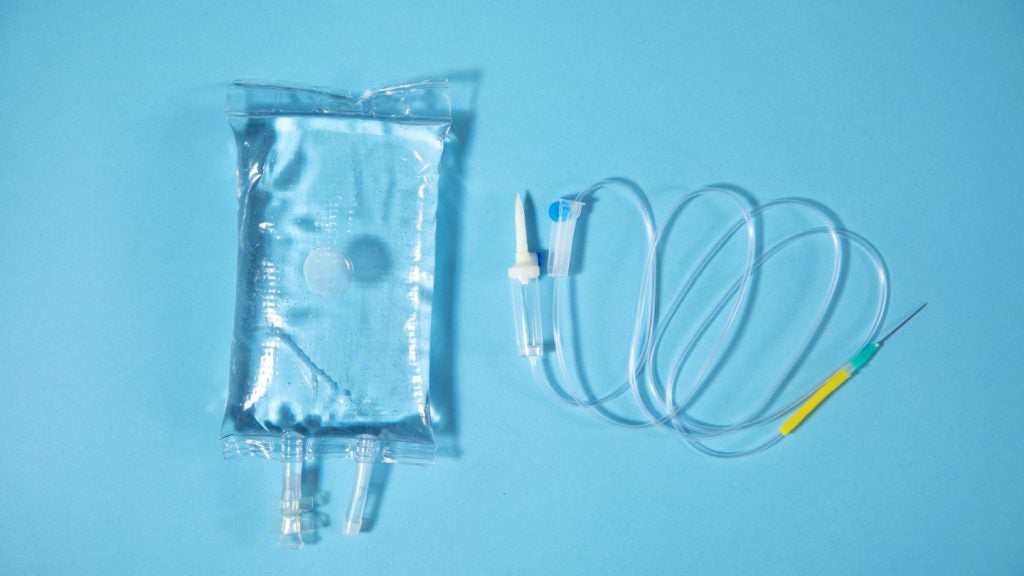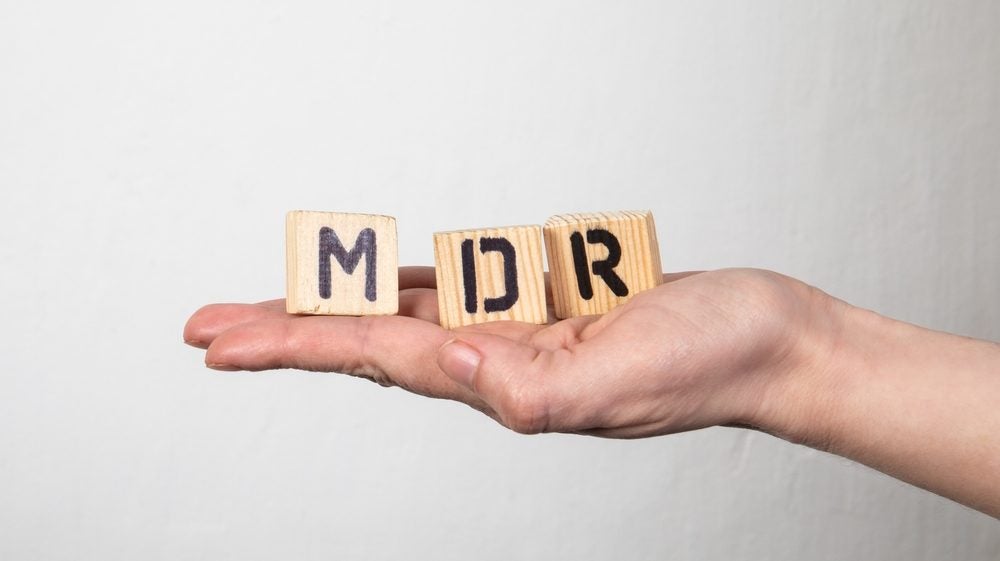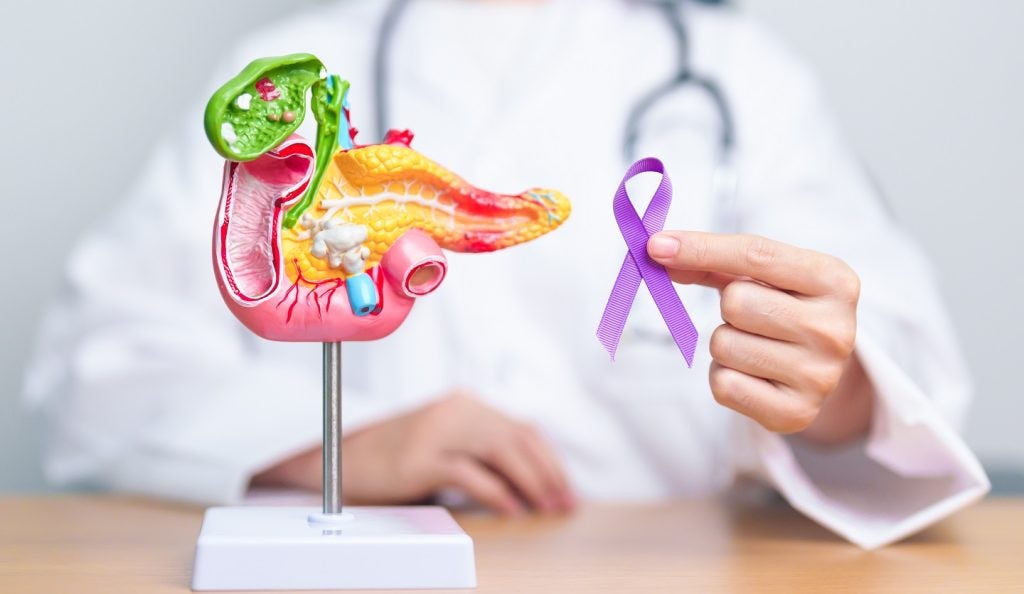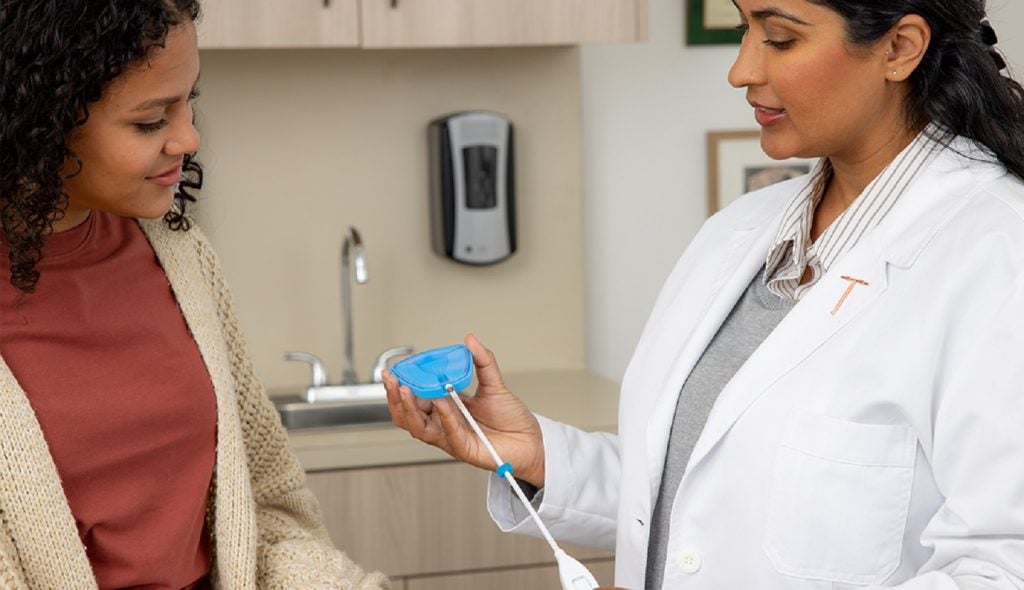The US state of California has passed a law banning the use of a toxic chemical produced by certain kinds of plastics from the state's medical devices, catching up with safety legislation that has existed away from the healthcare industry for almost a decade.
The new law, known as the Toxic Free Medical Devices Act, passed the California state legislature unanimously by a vote of 39 to 0, and will phase out the use of Di(2-ethylhexyl) phthalate (DEHP) in IV bags and tubing, a chemical linked to an elevated risk of cancer.
Now, one of the first companies to remove DEHP and its relative polyvinyl chloride (PVC) from its products, US medical equipment supplier B. Braun, is celebrating the rule change and calling for the regulation to be rolled out across the US, amid calls for legislation to bring medical device standards in line with other industries which banned the substances years ago.
Phthalates are chemicals added to PVC plastic to make it softer and more flexible, with DEHP being the most common kind of type used in medical supplies such as IV bag tubing, catheters, and nasogastric tubes among others. Previously, there have been numerous concerns that these plastic-based chemicals are liable to leak into fluid solutions contained within these devices and in doing so leech DEHP into the bodies of its users.
Research published in the journal BioMed Central (BMC) Public Health found that some of the health impacts of the chemical include impacts on the endocrine system, which may cause a series of disorders in multiple organs, including the thyroid, testis, uterus, ovary, and liver.
However, additional research conducted by the European Union’s (EU) Scientific Committee on Emerging and Newly Identified Health Risks (SCENIHR) in 2015 found there is inconclusive or inconsistent evidence to suggest that medical devices containing DEHP pose an unacceptable health risk to humans. The committee stated that the potential for replacement of DEHP in these products should be considered against their efficiency in the treatment, as well as the potential harm replacement chemicals may do.
Regardless, the law (AB2300) has passed the California state legislature giving manufacturers a phase-out period to remove the chemicals from their devices before 2030. To find out more about DEHP and the calls to remove it from US devices, Medical Device Network sat down with B. Braun’s senior director of healthcare strategy and innovation, Stephanie Pitts.
Joshua Silverwood: Can you tell me a little bit about where the drive to tackle DEHP in medical devices came from?
Stephanie Pitts: Here at B. Braun, we recognised more than 40 years ago the need to remove harmful chemicals from IV begs and IV tubing, that’s just been part of our manufacturing process. When you think about some of the areas where DEHP is located, it is not allowed in children's toys, but in 2024 it's still allowed in medical devices and IV bags and IV tubing.
When you think about all the different kinds of plastics you come across in a healthcare setting, plastics like PVC, and what makes them kind of soft and flexible. Things like how an IV tube can drape over a pump or a bed, what makes that flexible are the plasticisers that get added to the PVC itself. Unfortunately, some IV bags and tubing are made up of as much as 40% weight of these harmful chemicals.
Those chemicals, when they are sitting there in a bag of fluid can easily leach into that fluid and that fluid is what is administered into the human body. Premature babies as well as our elderly grandparents are essentially getting DEHP infused, unintentionally.
JS: Can you tell me how this bill came about and some of the efforts to move it forward?
SP: We are a proud partner of the Breast Cancer Prevention Partners, they have really taken a huge initiative alongside 50 other organisations, B. Braun included, to publish a report called Toxic Free IV: Getting Harmful Chemicals Out of IV Bags and Tubing. They have also garnered the support of Congresswoman Lori Wilson who has stood behind the law, also known as AB2300, that passed the California Senate with a vote of 39 to zero.
I don’t know about you, but for me, when I turn on the TV today and see constant battling of various government agencies it is incredible to see some bi-partisan effort towards patient safety. In the state of California, there are massive health systems such as Kaiser Permanente for one example. Kaiser Permanente made this decision in 2012, putting them way ahead of everyone else.
We are just extremely excited to see what California is doing.
JS: Are there plans to peruse this cause on a national or federal level?
SP: Yes, this is the first bill of its kind in California, so we hope that this will become a national initiative and we would expect to see other States taking the initiative on this as well. This isn’t an initiative that any one entity can do alone. We have seen this massive groundswell with Breast Cancer Supporting Partners and all these different organisations so I would imagine we are going to continue to march together. This is one of those initiatives where together we are so much stronger.
JS: Did this bill receive any pushback from other interested parties?
SP: I think some push back came from manufacturers who are not able to produce DEHP/PVC-free bags, which is why the bill is building in that time-period that will essentially allow other manufacturers to get up to speed. So, the timing that’s built-in is that they would have to remove PVC and DEHP from bags by 2030, and from tubing before 2035. So, it is giving them some time to get caught up which is where we have already been for the last 40 years!
JS: Besides IV bags and IV tubing where else does DEHP appear that you would like to see legislated?
SP: Yes, it's really interesting when you start to look at the chemical reports of all the different things that go into a device. I am a nurse myself and it's actually quite scary to be honest. Any flexible tubing that you see in healthcare, such as breathing tubes, feeding tubes and even diapers can contain DEHP. This initiative is laser-focused on IV bags and tubing, and rightfully so. But I would expect this to raise incredible awareness across the board across all healthcare products.
It remains to be seen how states away from California will react to the new law phasing out the plastic additive, or if it will impact how companies choose to do business in the state. In healthcare legislation away from California, two US senators have put forward a bill to the country’s Congress calling for regulation on what medical devices can or can’t be used around devices and areas containing sensitive information. Away from the US, Australia’s Therapeutic Goods Association (TGA) has temporarily pulled spinal cord stimulation devices from shelves.















